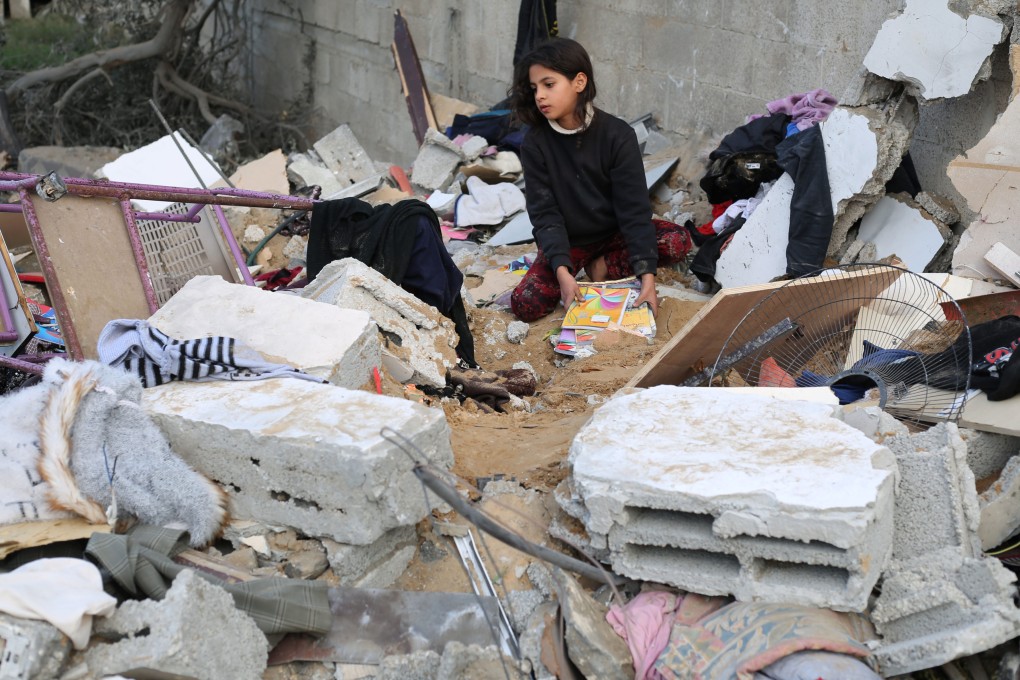Advertisement
Opinion | Israel-Gaza war: Islamic nations’ ceasefire focus ignores roots of the conflict
- Leaders of Muslim countries shouldn’t be calling for a ceasefire without outlining a post-ceasefire framework for the Israel-Palestine conflict
- They must not only unequivocally condemn Hamas for its atrocities and terrorist ideology but also collaborate with key global players to persuade the Israeli government to end its support for extremist settlers in the West Bank
Reading Time:4 minutes
Why you can trust SCMP
23

Leaders of Arab and Islamic countries have expressed disappointment over the US veto of the UN Security Council draft resolution calling for a ceasefire in Gaza, urging Washington to do more to end the conflict.
During the Asia-Pacific Economic Cooperation summit in November, Indonesia, Malaysia and Brunei issued a statement calling for a humanitarian truce leading to the end of hostilities in the Gaza Strip. Malaysian Prime Minister Anwar Ibrahim has criticised the US, comparing its stance on Russia’s actions in Ukraine to its muted response on Israel’s actions. He called Washington’s veto outrageous for ignoring the international community’s plea for ceasefire in Gaza.
Aligning with public sentiment in their countries, most Muslim leaders’ responses have been shaped by images of dead children and women. As of Monday, nearly 18,000 Palestinians have been killed, 48,000 have suffered injuries and almost 2 million out of the Gaza Strip’s 2.4 million residents have been displaced. International organisations have warned of a catastrophic hunger crisis in Gaza because of the Israeli siege. It is understandable that the situation evokes strong emotions.
Israel says that its mission is to eliminate the Hamas leadership, citing the October 7 terrorist attack that resulted in the death of about 1,200 Israelis, including around 850 civilians, and the taking of more than 200 hostages. However, the number of terrorists killed in Israel’s military operations in Gaza pales in comparison to the massive number of civilian casualties.
Scholars question the logic of the war, and much of the international community, led by Muslim countries, is demanding an end to it. Yet it would be incorrect for leaders of these countries to call for a ceasefire without outlining a post-ceasefire framework for the Israel-Palestine conflict.
Arab countries were actively establishing diplomatic ties with Israel under the Abraham Accords before the current conflict, even as the Israeli government oversaw a settler colonialism campaign that displaced Palestinians in the West Bank. Despite remaining largely silent on the Palestinian cause in the past few years, Arab governments are now aligning with public opinion in loudly advocating a ceasefire, an end to Palestinian displacement and a two-state solution.
Advertisement

